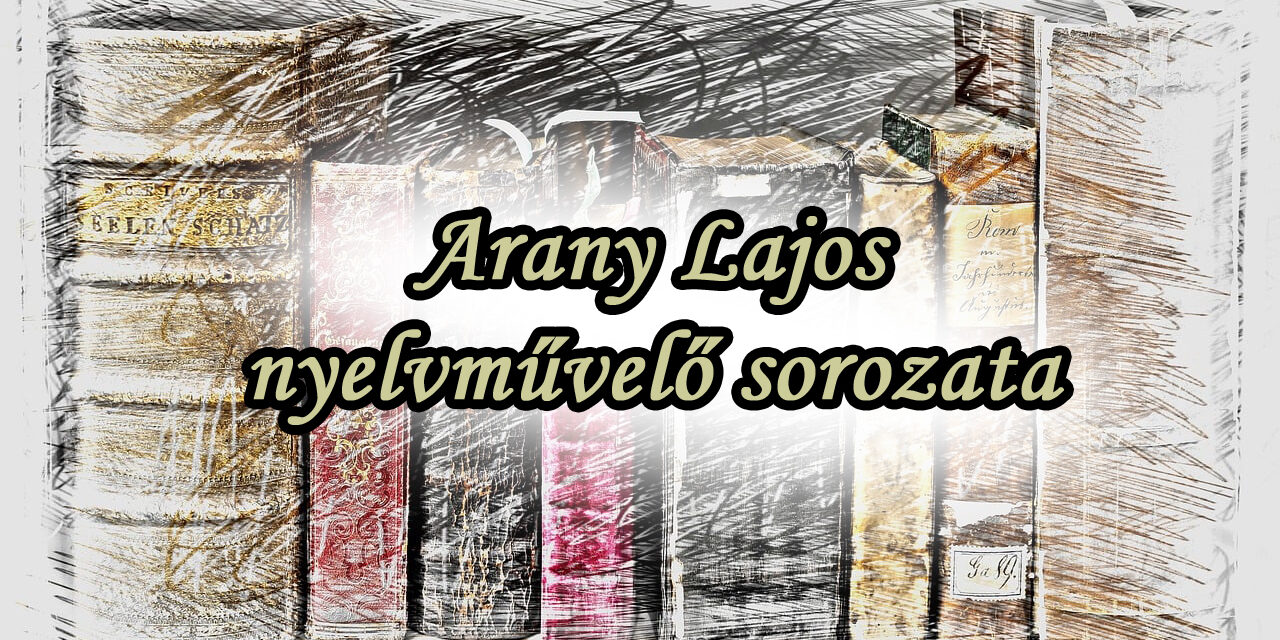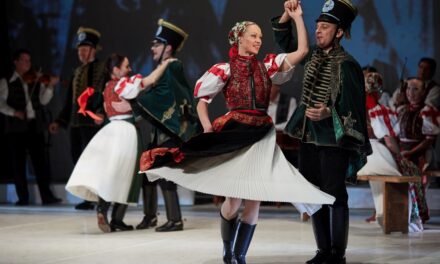It is common in today's language that remembers is replaced by remembers . This is a misnomer.
In our mother tongue, which is rich in nuances, the meaning of the remember" "remember" in a similar form . The meaning of the former is: 'the memory of someone or something is kept in the mind, or it is recalled': "When a woman gives birth, she is in pain, because her hour has come, but when she has given birth to her child, she no remembers the agony because of the joy that a man was born into the world" (Gospel of John 16,21); " You remember the golden days, / Don't you , honey?" (Andre Ady: Mutamur). In this sense, remember can also be used: "Don't you remember our childhood, when there were no secrets between us?" (József Eötvös: The Sisters).
The latter verb, remembers has another meaning and shade of meaning: 'consciously recalling the memory of someone or something, praising it (turning to others as well) remembering someone, something': "When at the end of October every year at the beginning of the Reformation - Márton Luther's legendary performance in Wittenberg and that actions that followed - we remember and remind, then we not only recall a long-ago historical event, but also become part of an "endless story" that continues to this day and points to the future" - we read in the journalistic work of historian Sándor Faggyas. "Petőfi is remembered by his hometown"; "The First World War is remembered by the XX. Century Institute". The wording is accurate in all three communications.
But it is common today that the term replaced by remembers . remembers the handful of brave heroes of March who wrote history in 1848", says one page of the world wide web. We remember the fight for national independence ," I read in a program description. I'd like it if they wanted it with the title actress XY " remembers Endré Ady", the newspaper reports. "The population proudly remembers II. Rákóczi ." They are also past the bakfis age! - we can exclaim jokingly, reading this amusing statement. Moreover, these nice Hungarian people are great survivors. true ancient residents, since according to the meaning of the sentence, those who remember are more than three hundred years old... And if we read that "on August 20, the Hungarians of the world will remember the founder of the state, King Szent István ", citizens of the age of Methuselah appear before our mind's eye, in the strict sense of the word …
Thanks to modern technology, today's communicator is even able to bid on this: "This application commemorates , who was an important Roman consul, died at the age of 53 in 183", says an internet description recalling the career of the republican politician in context.
remembers the handful of brave March heroes who wrote history in 1848; we remember the struggle for national independence ; Actress XY remembers Endré Ady; the population proudly remembers II. Rákóczi ; on August 20, Hungarians remember King Szent István ; the application commemorates .
The two verbs in question also exemplify this: even a single letter difference can change the meaning!
Author: LAJOS ARANY













